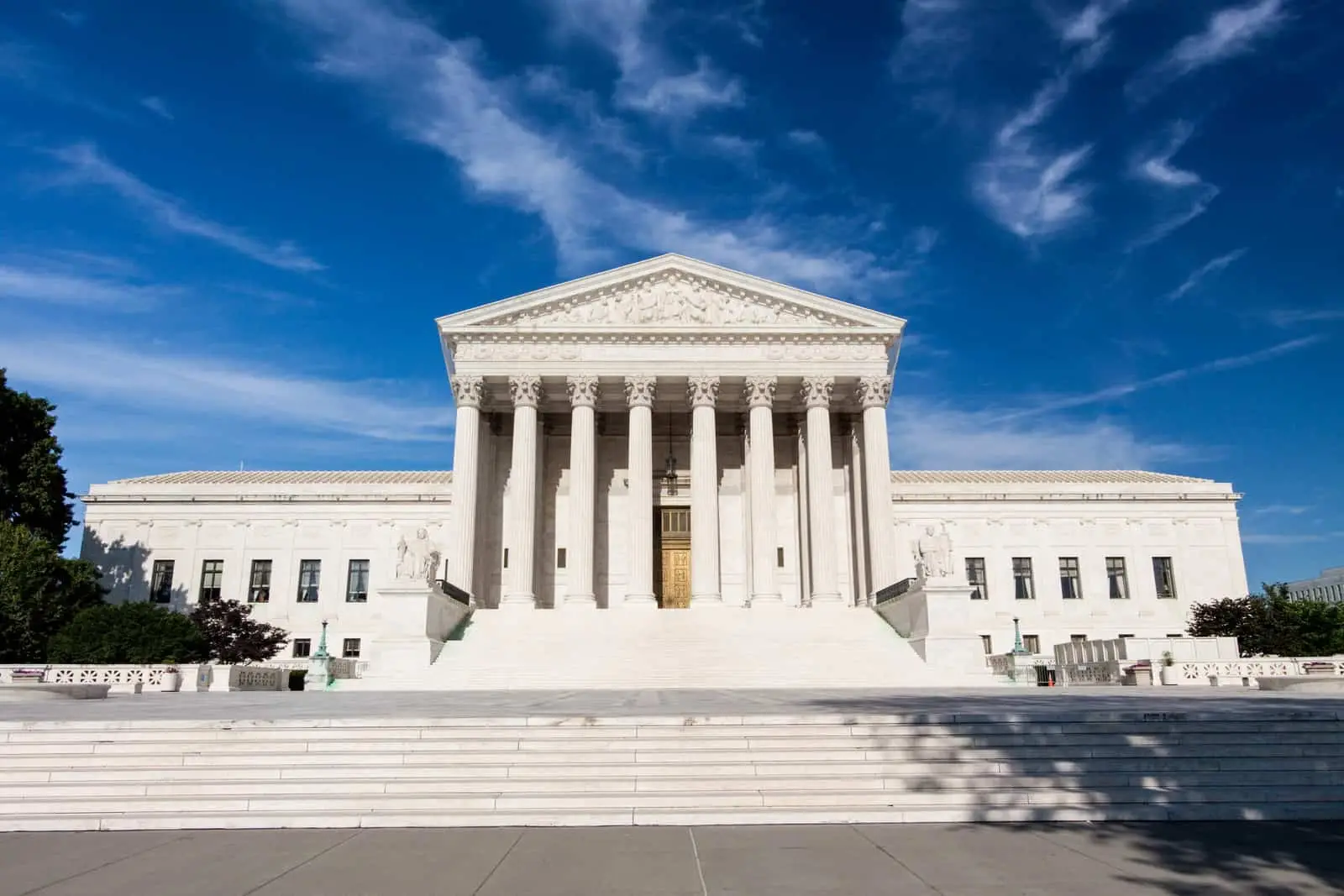Their political views couldn’t have been further apart.
But they shared a love of opera, the law and their country. Ruth Bader Ginsberg and Antonin Scalia met when they were on the U.S. Court of Appeals in the 1980s. They ultimately ended up as colleagues on the U.S. Supreme Court. Legally, they were fierce adversaries. Personally, they were the best of friends.
Ginsberg‘s passing has sparked renewed interest in their friendship. Articles were written this week by two of Scalia‘s sons reflecting on the relationship of the two late justices. One, written by Christopher Scalia, was in Fox News. Another, written by Eugene Scalia, was in the Washington Post.
They said essentially the same thing. Ginsburg and Scalia rarely agreed with one another on legal matters, but they had a mutual respect and admiration. They also spent many a New Year’s Eve celebrating together, as well as sharing the love of good food and conversation.
What is striking about their collegial relationship and their friendship is that they were able to disagree with great passion without it ruining their relationship. This is a rare quality and a mark of self-differentiation.
I say often that effective leaders are able to say what they believe while giving others the freedom to disagree. Ginsburg and Scalia epitomized this.
Christopher Scalia shared how this made them both better justices:
She wouldn’t just correct his typos or change punctuation – she helped him strengthen his arguments, and I can’t imagine they were often arguments with which she agreed. She, too, appreciated this aspect of their relationship: “When we disagreed, my final opinion was always clearer and more convincing than my initial circulation,” she said. “Justice Scalia homed in on all the soft spots, energizing me to strengthen my presentation.”
And Eugene Scalia wrote about the playful attitude his father took when criticized by Ginsburg:
…he lamented — good-naturedly — that she’d written an opinion describing his view of the case as “less-than-fully baked.” It might have been worse, I said. “She could have called your ideas half-baked.” No, he said with an appreciative grin, this was worse: “It could mean I’m one-quarter or one-fifth baked!”
Each son is emphatic about the need for leaders like their father and his good friend.
Eugene Scalia writes:
Not for a moment did one think the other should be condemned or ostracized. More than that, they believed that what they were doing — arriving at their own opinions thoughtfully and advancing them vigorously — was essential to the national good. With less debate, their friendship would have been diminished, and so, they believed, would our democracy.
And from Christopher Scalia:
Reasonable people of good faith will disagree about important issues. You and your friends will likely hold very strong, very different opinions about what course our country should take and who should lead us there.
A healthy republic requires citizens to debate those issues forcefully and peacefully; a healthy society needs citizens to remember that political disagreement need not turn friends into enemies. My father and Justice Ginsburg mastered this balance. We’ll all need to do the same in the difficult months before us.
We have a choice in this country. We can allow our differences to devolve Into destructive conflict and even violence. Or we can allow them to result in healthy relationships that enable people to express their beliefs freely. As a non-anxious leader, you can make help make this possible.
We won’t necessarily agree. But we will be better off for it.


